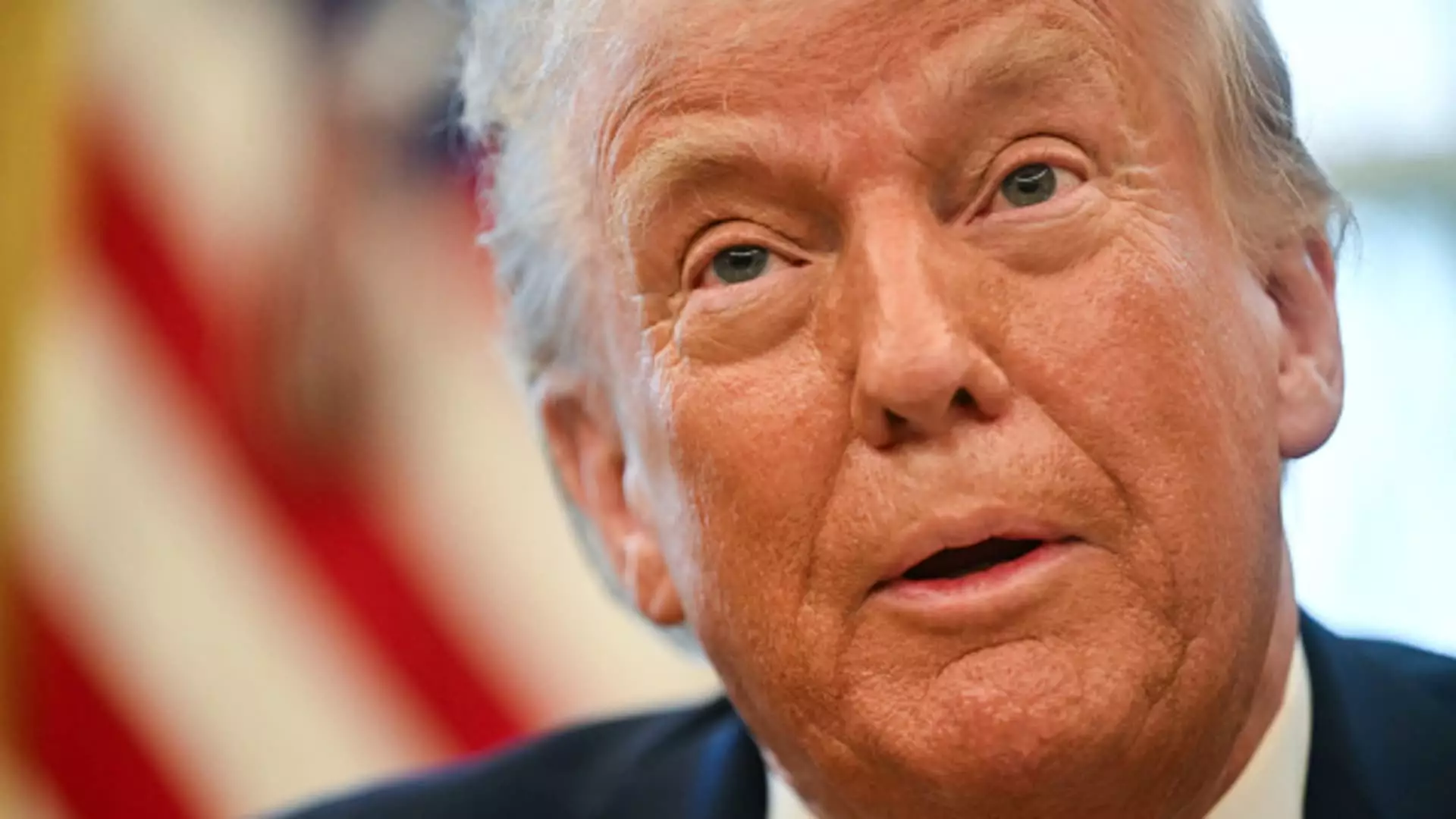On a significant day in U.S. economic policymaking, President Donald Trump officially signed an executive order proposing the establishment of a government-managed sovereign wealth fund. This initiative aims to facilitate economic development and possibly secure U.S. interests in technological platforms such as TikTok. The underlying motive for the sovereign wealth fund is multifaceted: enhancing infrastructure, boosting international influence, and serving as a financial bulwark against other nations with robust sovereign funds.
The proposed fund is envisioned as a powerful tool for the U.S. government to address infrastructural gaps, including the improvement of facilities such as airports and highways. U.S. Treasury Secretary Scott Bessent emphasized that the government intends to monetize the assets available on the U.S. balance sheet. This assertion raises fundamental questions about the efficacy of utilizing public funds for national projects, debating whether this would successfully revitalize the economy or merely represent another complex layer in governmental financial operations.
This movement also suggests a broader view of economic nationalism, wherein the U.S. aims to position itself competitively on a global scale, particularly in areas such as Panama and Greenland. One could argue that expanding American influence in these strategic regions could lead to significant geopolitical advantages. However, critics might argue that placing government funds into these international ambitions could distract from pressing domestic issues.
Interestingly, the proposed wealth fund would rely on unconventional funding methods, with Trump hinting at potential tariffs as a revenue source. This approach contrasts sharply with other nations utilizing taxes from natural resources or financial transactions to fund their sovereign wealth operations. The calculation of such tariffs raises concerns surrounding long-term impacts on trade and economic stability.
Furthermore, the integration of funds might present a balancing act between short-term gains and long-term economic health. Effective management of the fund could potentially relieve U.S. dependency on issuing Treasury debt; however, critics voice concerns about transparency and governance. As the U.S. faces massive budget deficits, the idea of building a fund akin to well-established models established by countries like Norway, China, and Singapore raises legitimate questions about sustainability and ethical governance.
Global Context and Future Prospects
Countries with sovereign wealth funds, like Norway with its colossal $1.7 trillion fund, have demonstrated paths to leveraging national assets effectively. Thus, the U.S. fund could mimic such strategies to engage in global financial markets. However, successful execution would necessitate rigorous oversight to avoid conflicts of interest and corruption pitfalls prevalent in similar global initiatives.
The notion of acquiring stakes in technology platforms such as TikTok presents an intriguing avenue for the fund, connecting financial strategies with transformative technology. Yet, this raises ethical considerations surrounding foreign affiliations, particularly given the scrutiny around data security and ownership rights. With its vision to potentially reshape U.S. economic strategy, the creation of this sovereign wealth fund stands at a crossroad of opportunities and challenges that could define the landscape of American finance and international relations in the years to come.

